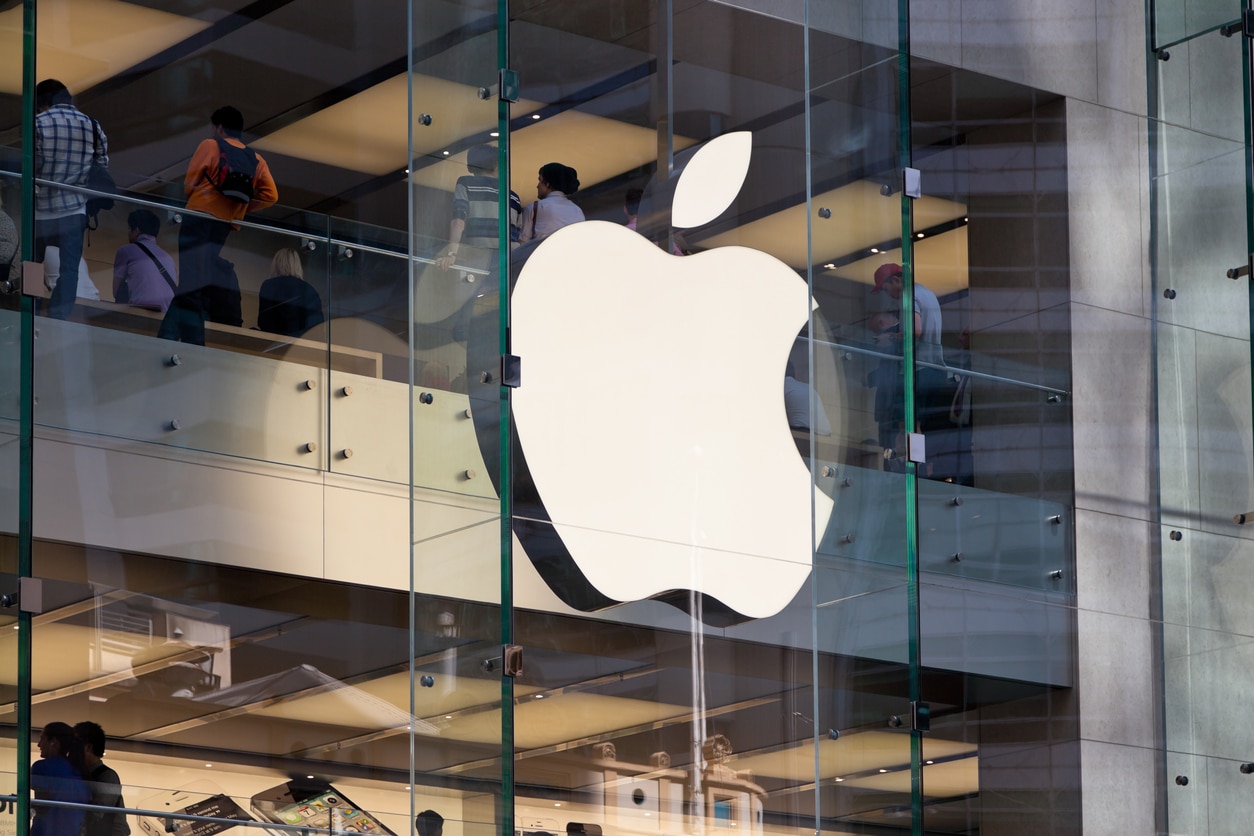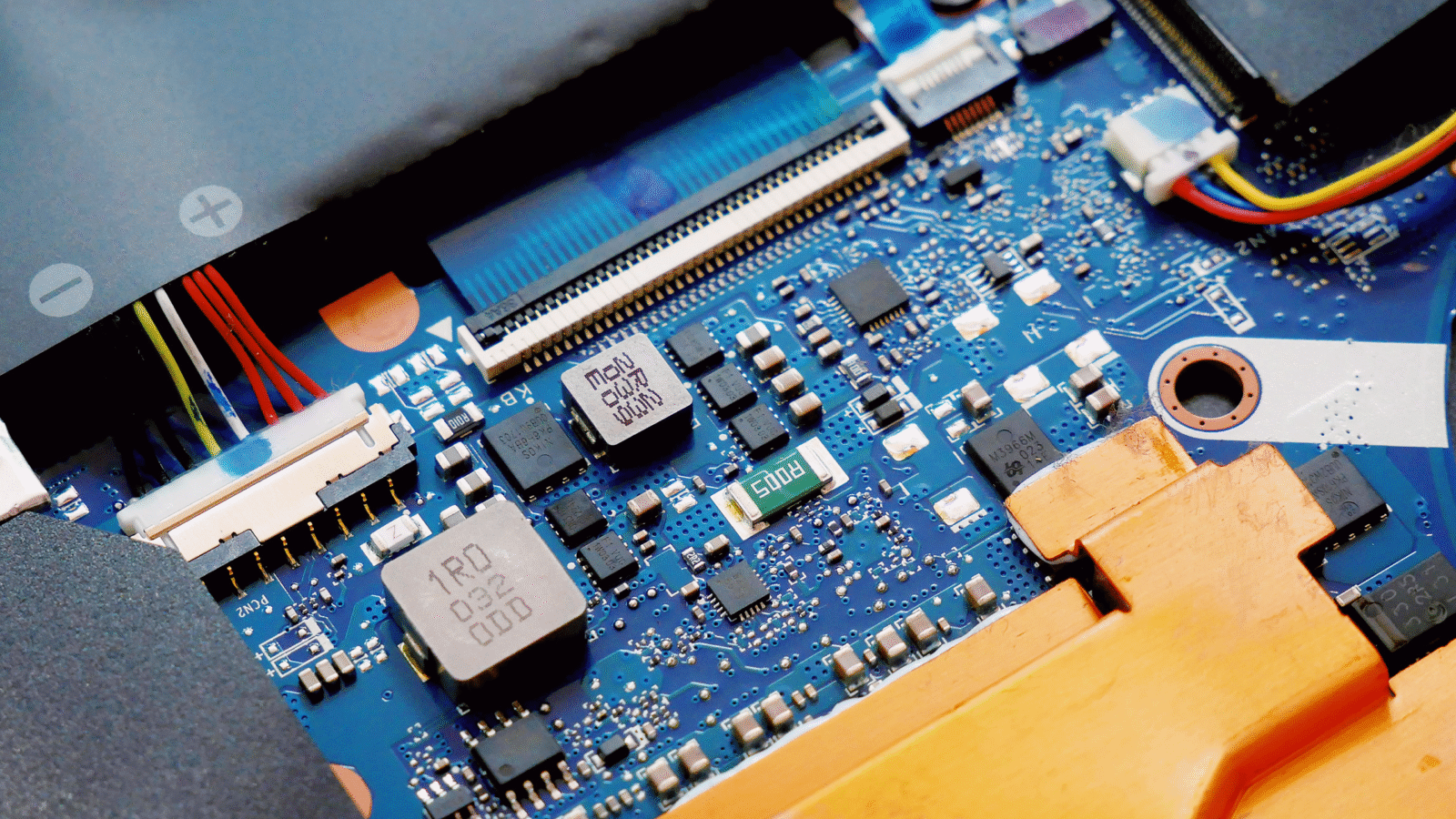
Sign up for smart news, insights, and analysis on the biggest financial stories of the day.
What will it take to convince hundreds of millions of ‘regular’ people to walk around — in their everyday lives — wearing a virtual reality headset?
The world’s largest tech company may soon have the answer. After changing the course of consumer products history with the iPod, then the iPhone, then the iPad, Apple is reportedly nearing the launch of its first augmented reality headset. Indeed, for a company that pumped out $379 billion of revenue last year, it takes an earth-shattering idea to move the needle.
Expanding Their Core Business
Apple protects its secrets better than most world governments. But we do know, thanks to sources who spoke to The New York Times, the company plans to ship its first headset next year, entering a competitive landscape:
- The VR market is currently dominated by Mark Zuckerberg’s Meta, which sold 10 million Quest 2 headsets last year for a 78% market share, according to research firm IDC. Meta has 17,000 staff working on “metaverse” technology, backed by a $3 billion quarterly budget, but the Quest is mostly limited to the gaming niche.
- Apple, which sold 240 million iPhones representing half of the company’s $366 billion in sales last year, doesn’t do niche. Citi analysts predict 1 billion people — equal to the number of iPhone users today — will use headsets by 2030, creating a $2 trillion market. An Apple-worthy market.
Plan of Attack: Apple has signed up big-name Hollywood directors, including Spider-Man: No Way Home’s Jon Favreau, to make content for the device. But Apple did not become a $2.3 trillion megacorporation just to make it easy to watch Marvel re-runs through ski goggles.
Through 2017 acquisition Vrvana, Apple bought “pass through” technology that enables headset wearers see the world around them with digital images laid over top — meaning everything from making payments to getting directions could be done hands-free.
This has analysts dreaming of a commercial breakthrough on par with the iPhone. “There is a path that you won’t need your phone and augmented reality glasses will evolve to be the next computing platform,” Cristiano Amon, CEO of chip producer (and Apple and Meta supplier) Qualcomm, told the FT.











